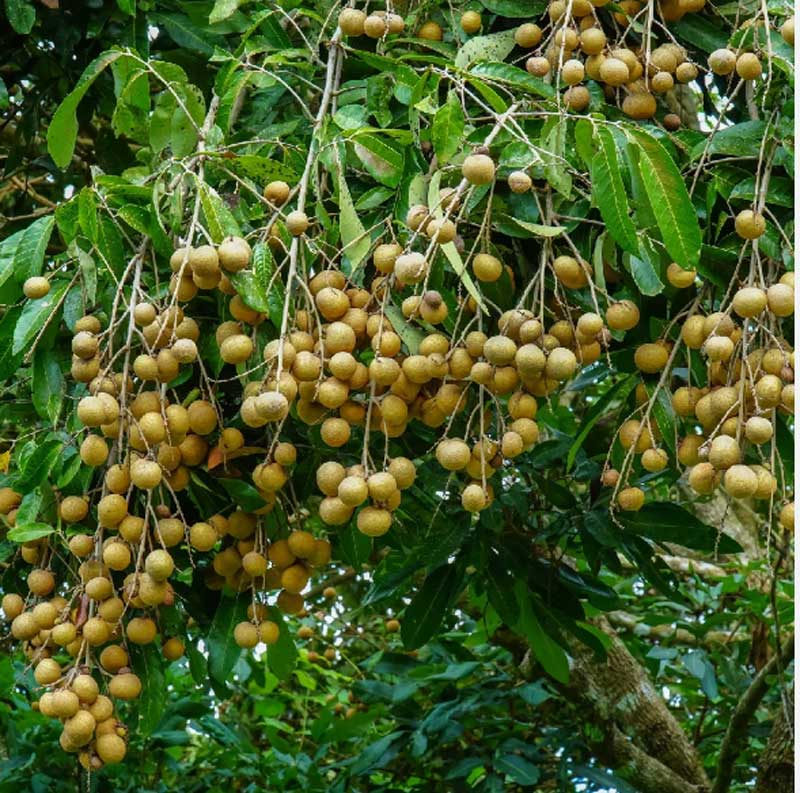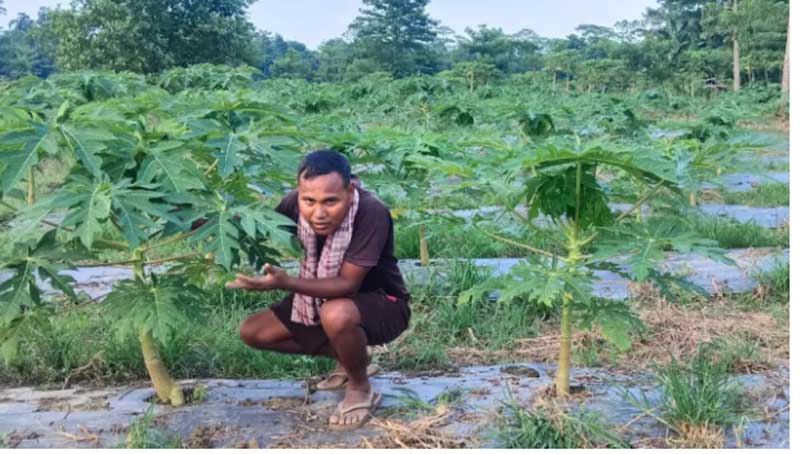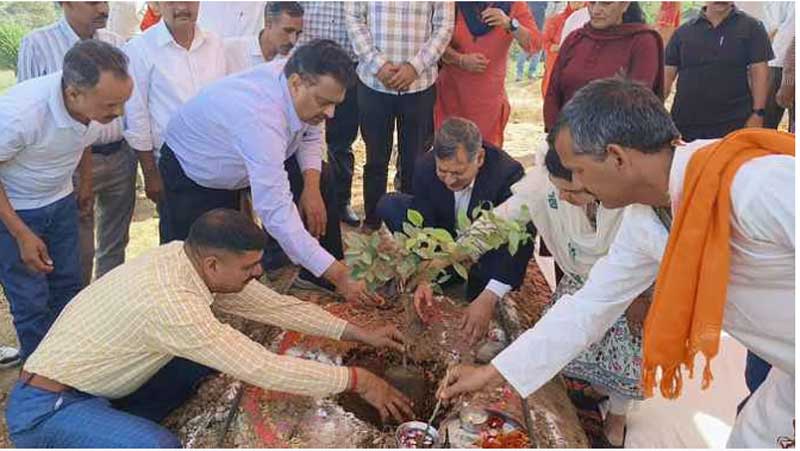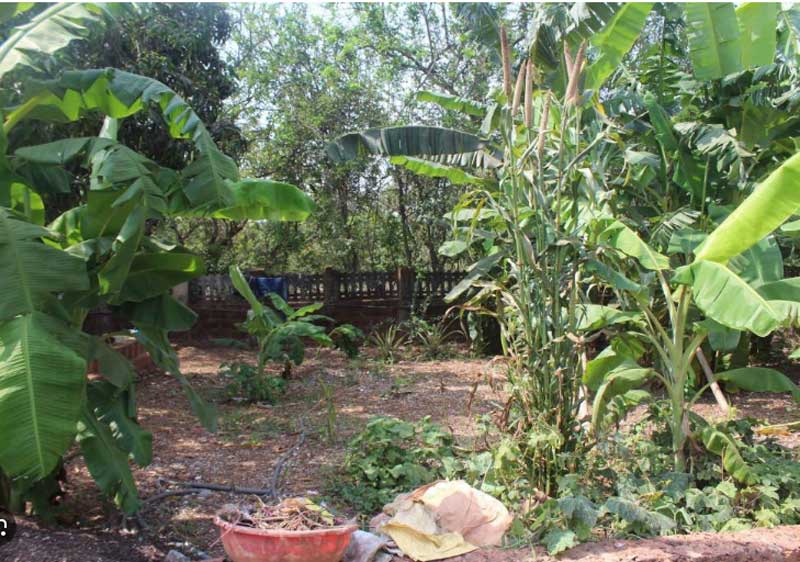Small farmers’ lives transform through MGNREGA in Kadapa
Kadapa: The Mahatma Gandhi National Rural Employment Guarantee Act (MGNREGA) has been proving a boon for small and marginal horticulture farmers in Kadapa district in Andhra Pradesh. The farmers are getting financial help through the scheme, turning their barren land into profitable farms amid financial stability.
Nallaballi Gracemma, a marginal farmer of the region, had lost her husband. She did not calm down because she had to nourish three children, joining MGNREGA in 2019, and decided to grow citrus fruits on her one acre of barren land. She got the government’s help and technical support; besides this, MGNREGA’s help, she changed the complexion of her land and made it a flourishing citrus crop orchard.
The scheme gave her 380 workdays and provided Rs 64,337 for land preparation, sapling plantation, and maintenance. Gracemma cultivated her first crop of 1,500 kilograms of citrus fruit this year. She earned Rs 34,500, getting a profit of Rs 30,000. Gracemma gave credit to MGNREGA for her success. “This programme gave me the means to support my family and change my life,” she said.
Also Read: Delhi’s air quality improves: Supreme Court eases GRAP stage 4
District Collector Sridhar Cherukuri highlighted how promoting horticulture under MGNREGA benefits small farmers. “Horticulture crops require low input costs but give high returns. This initiative helps farmers use their resources effectively and ensures sustainable livelihoods,” he said.
In Kadapa, 1,866 farmers cultivated citrus crops on 2,480 acres under MGNREGA in 2019-20. For 2024-25, 703 farmers are raising fruit orchards on 1,857 acres, including 246 farmers growing citrus crops on 781 acres.
Gracemma’s success story is a perfect example for others, as small and marginal farmers should join MGNREGA and get financial aid, particularly women, and start their own cultivation. She has already earned Rs 50,161 through wages and inspires others to follow her path and raise their economic conditions. Gracemma’s journey proves that an employment scheme along horticulture farming can change lives, creating a lot of opportunities for rural communities.

















